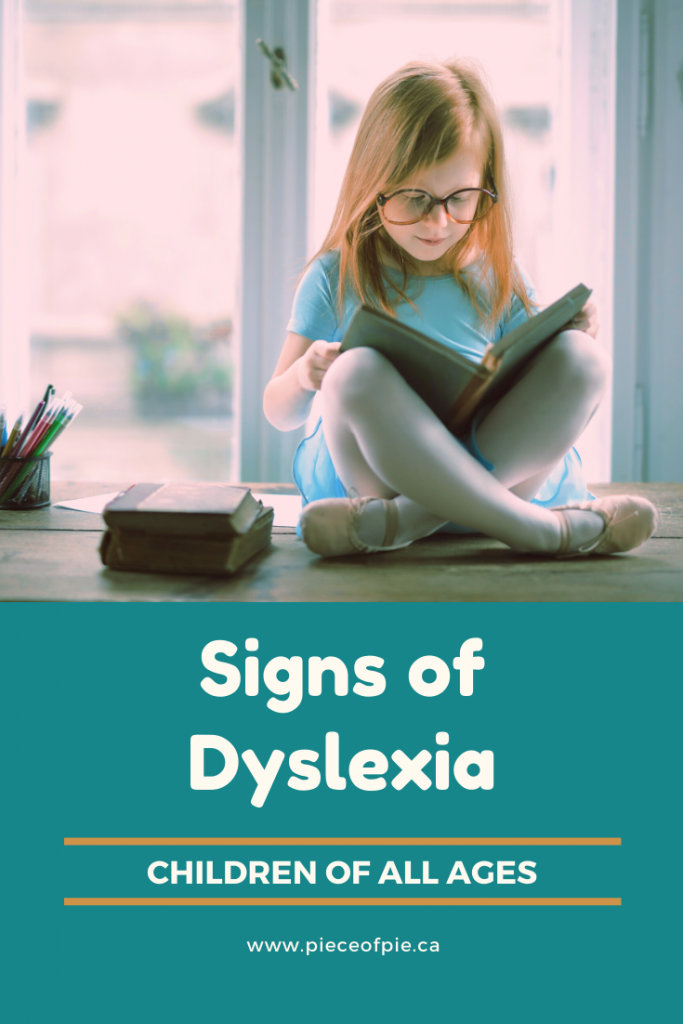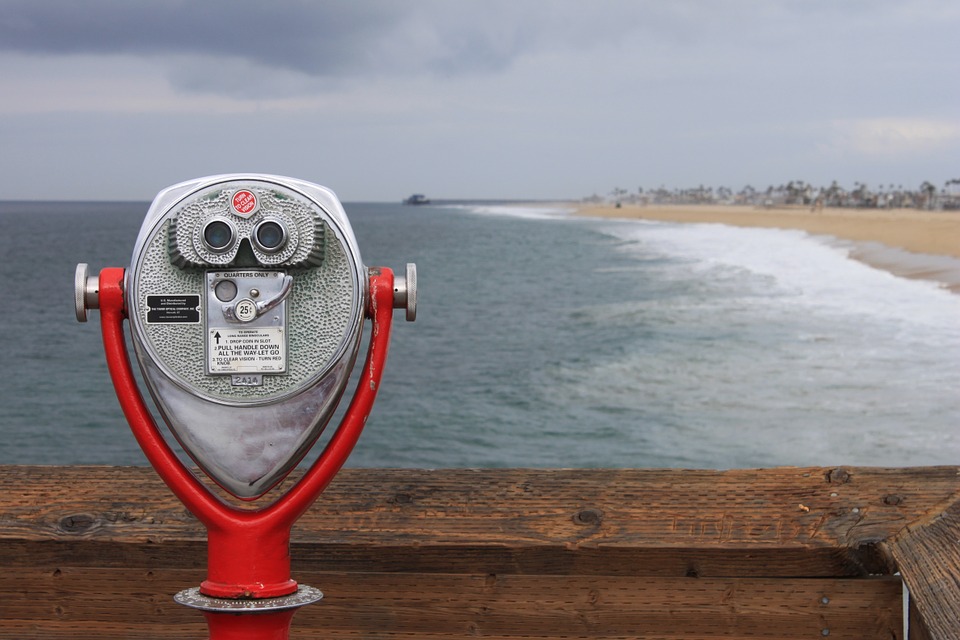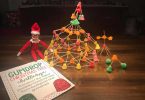 Like any neurotic parent when they are told something is wrong with their child I start the blame game. With myself. How could I not have know? How could I not have seen? What were the signs of dyslexia I missed? Am I a bad mother for not seeing how severe her dyslexia was before?
Like any neurotic parent when they are told something is wrong with their child I start the blame game. With myself. How could I not have know? How could I not have seen? What were the signs of dyslexia I missed? Am I a bad mother for not seeing how severe her dyslexia was before?
The reality is when we sent her to the neuropsychologist for diagnosis we thought she was following in her brothers footsteps with ADHD. All the symptoms were there, lack of ability to focus in school, inability to complete tasks on time, lack of interest in schoolwork. It was really a surprise when we found out that all those behaviors were due to dyslexia and her acting out try to fit in and be socially competent with a learning disability. For our son, we sent him to get a follow-up evaluation of his ADHD and how it was being managed. Little did we expect for him to come back with Dyslexia and Dysorthography.
What were the signs and symptoms I didn’t see?
The reality is that Dyslexia symptoms differ for each child and can present in many different ways. A big sign is the child has trouble with decoding words – meaning they have trouble matching letters to sounds and then using those sounds to read words accurately.
Another sign is when kids avoid reading, either out loud or to themselves. After reading this I saw that my daughter always preferred to snuggle up saying she liked it when Mommy read to her. Or she would never play video games saying she preferred to play outside, only later to learn she didn’t play video games because they all involve reading, even the basic of stop or start was too difficult for her.
As I read through the list of signs and symptoms by age on www.understood.org I could not believe how many (almost all) applied to my daughter, struggles understandings sounds of letters, putting those sounds together into words, confusing small words like ‘at’ and ‘to’, makes consistent reading and spelling errors including letter reversal for ‘d’ and ‘b’, mixing up ‘house’ and ‘home’, trouble recognizing words rhyme, cannot recognize common sight words and misspelling words when writing . Don’t even get me started on her with vowels and words with double letters. My son whose dyslexia is not as severe was a bit trickier to see.
The other thing to keep in mind as your reading this is that although you may see some of these symptoms in your child, do not jump to any conclusions. First you must rule out any vision, hearing, health, emotional or developmental issues (like fine motor skills required to hold a pencil may impair writing but is not dyslexia).
The best advice I found was to keep an eye on your child’s development. Spend time with them. Make sure they are learning new skills and furthering their development.
Some early warning signs of dyslexia in early school aged children (5-6) may include:
- Dislike books, drawing and reading. Even with your encouragement, if your child shows no interest in reading or drawing you may want to look into this further. By age 5 most children should be able to name colors and draw simple pictures and by 6 they should be able to sort objects by color or shape and name most letters and numbers. My daughter showed no problems with any of that, except the naming letters.
- Just doesn’t get rhymes. It can be very difficult for auditory dyslexics to hear the differences between similar vowel sounds and can get even worse with written words.
- Having trouble grasping time or sequences. Visual dyslexics find it difficult to properly order the alphabet, months of the year, days of the week, etc. By age 5 your child should be able to talk referencing last week, next week, tomorrow, etc. By age 6 they should be able to be excited about events weeks ahead and understand it is x number of weeks away. This would be my son who once he found out about an event would wake up EVERY morning thinking it was happening that day.
- Does not acquire new words or speak in sentences easily. By age 5 a child should have a vocabulary of around 2,000 words and able to ask simple questions. By age 6 they should be able to recall the entire story from a picture book.
When should I seek help?
If you are feeling nervous about the possibility your child may have dyslexia, remember it may not be what you think. Some kids just like being read to rather than reading. It could also be a wide variety of other things too. For my son if it were not for his ADHD we probably would not have noticed until much later on. For my daughter her dsylexia is severe and showed itself at a young age, before in fact she could be officially diagnosed so we could help her more as she is learning. Either way you know your child best. It can be difficult to know at what age you should diagnose dyslexia. Make an appointment with your health care professional if you notice big troubles with learning words, creating phrases and sentences and avoidance or reading or writing.
Check out the signs of Dyslexia for children of all ages and teens.

You may also want to check out these stories:
At what age do you diagnose Dyslexia








